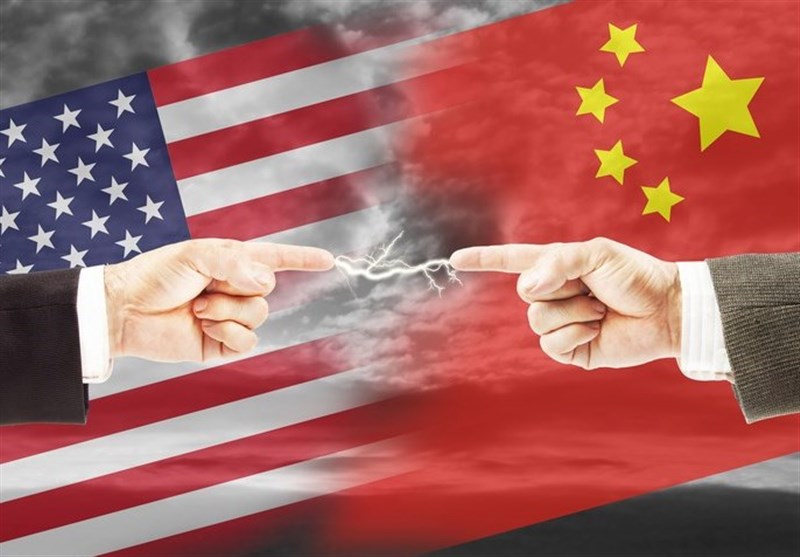US-China relations have fluctuated sharply under Donald Trump; although initially the nature of the tensions between Beijing and Washington was largely commercial and economic, Trump claimed that China had exploited US technology, skills, and knowledge legally and illegally for decades, and had greatly improved its industry. Washington also believes that with the establishment of many high-tech American factories in China, such as the Apple product plant, the Chinese have actually used US facilities and capital for free, and the trade balance between China and the United States has shifted in China’s favor. The United States says the situation needs to change and get balanced.
Over the past year or two, however, the two countries’ differences have focused more on security, political and human rights issues. In terms of security, the expansion of Beijing’s naval activities in the South China Sea, including the construction of artificial islands and claims to the sea areas around the islands, as well as the launch of an air warning zone, have prompted Westerners, especially the United States, the British and the Australians to dispatch their warships and military aircraft planes to these marine areas as well as the airspace claimed by China. The purpose of such actions by Western countries is to breach China’s claims to these areas.
The Chinese, on the other hand, sought to increase their offensive prowess and power. So in recent months we have seen a sort of lineup between Chinese and American and British ships. The latest development was that the British sent an aircraft carrier to the area, which provoked Beijing reaction. The United States, along with the United Kingdom, also used human rights as an excuse, especially the adoption of the National Security Act on Hong Kong, in which Washington revoked the special trade concessions granted to Hong Kong and the United Kingdom violated the extradition law with Hong Kong. These issues were followed by protests from China. The West intends to react to Beijing’s attempt to seize control of Hong Kong 100 percent and to silence any protests in the country over the full annexation of this important world trade zone to mainland China. These reactions range from diplomatic protests to the imposition of various trade sanctions and sanctions on Chinese government officials in the region.
Meanwhile, the US Congress has added to the allegations that China has been punished in connection with accusations of human rights abuses in the Xinjiang region and the repression of Uighur Muslims in the region. In this regard, it was recently reported that 11 Chinese companies have been sanctioned. The US sanctions have in some cases been met with retaliation from the Chinese, including some sanctions against Washington, which has exacerbated tensions. The actions could be the result of Beijing’s aggressive approach to Trump’s unilateral actions. As in the military field, the Chinese have strengthened their positions in areas of tension with the United States.
Taken together, these issues show that the US-China confrontation covers a wide range of trade and economic issues, with security and military issues in the middle and political and human rights issues at the bottom. .
Thus, tensions between Beijing and Washington are expected to intensify in the future; as explicitly mentioned in the US National Security Strategy document in December 2017, China has been described as a revisionist power, which intensifies the confrontation between the two countries in various areas, thus perhaps one of the areas of conflict in the coming decades of the 21st century will be Asia and the Pacific.










0 Comments